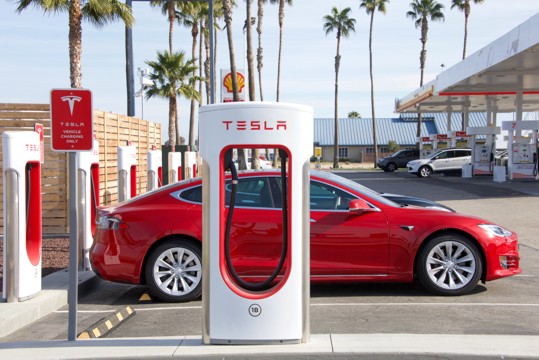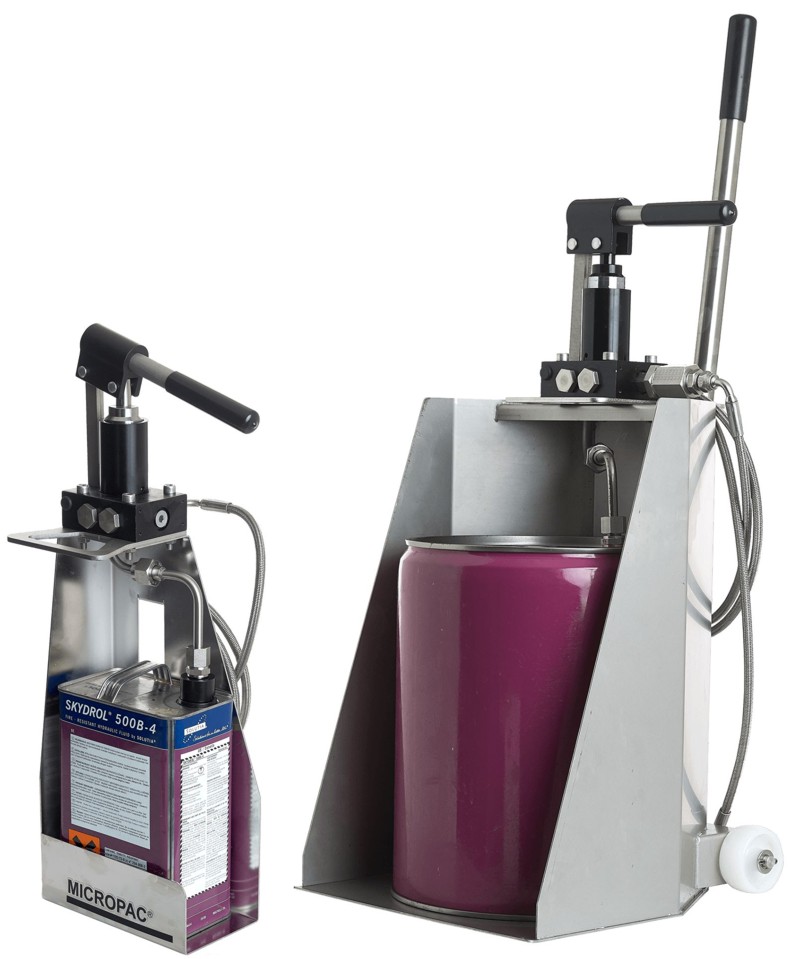From Hollywood to Hubble: The private space industry needs an escape orbit from Hollywood Blockbusters.
After the explosion of his Falcon 9 Reusable rocket over Texas last year, TESLA CEO Elon Musk shrewdly tweeted that “Rockets can be tricky.” Tricky they are, and no doubt Mr .Musk is feeling greatly disappointed this week after the failure of another of his rockets, this time from his California based aerospace manufacturer Space X. But critics ought to remember that in the unpredictable world of space travel, things don’t always have a Hollywood ending. In fact, trailblazing companies such as those run by Musk are often subject to frustrating setbacks in their indomitable pursuit of new frontiers.
In a world brought up on a diet of Hollywood blockbusters and massive explosions, there is only one thing that excites more than a rocket launch, and that is a rocket crash. Rocketry is invariably under media scrutiny, and when the Virgin Galactic SpaceShipTwo failure broke in the October of 2014, the press response was immediate. Terrifying images of shattered wreckage were printed alongside commentary from “experts” vaguely surmising that there had been a “problem with the engine”. Previous rocketing disasters were dug up and recounted with a morbid glee, and the truth of the enterprise was obscured by shock-tactic reporting designed to sell copy and propel downloads.
One thing above all is certain; that the Galactic crash was a tragedy for all involved. This should not however diminish the sheer brilliance of the engineering achieved by the Virgin Galactic team.
Retold here, last month’s Vanity Fair provided an excellently written alternative investigation into the Virgin Galactic project and a welcome antidote to the mainstream presses’ Hollywood explosion extravaganza. From the project’s conception, through to the Space X Prize, the role of Burt Rutan, and the incredible test pilots in the air, Vanity Fair provides an insightful and thoughtful article which focuses on the inherent complexity of aerospace engineering, highlighting the fine line that always exists between disaster and innovation in a new industry that is just finding its way.
The generic media “rocket explosion” nexus once again overshadowed the deeper story a few weeks prior to the Virgin crash, when there had been a similar failure on an Orbital Sciences rocket. Whilst the majority of the press quickly conformed to the standard Hollywood style space crash paradigm, we were pleased to find that another good piece, this time in The Economist, highlighted that the Orbital rocket motors were bought in the 1990″s from Russia as surplus and had been “refurbished” before use. At Sarum Hydraulics, we understand the reasoning behind the decision – clearly in buying existing technology, you are cutting the development risk of creating your own design. However, if the cause of the crash is uncovered to be related to the rocket motor, using surplus rockets could be regarded a hindrance if an old part has failed.
It would be foolish to think that the development path for the private space industry will continue to reap important engineering success without some painful hiccups along the way. The relative unknown, and the inherently hostile environment of deep space still carries a distinct feeling of Captain James T. Kirk’s “final frontier”. But the success it has achieved, even in its short history, is frankly staggering.
Ten years ago, governments in the form of NASA, the European Space Agency or the Kremlin pulled the strings on taking loads into space. The likes of Space X and Orbital Sciences have turned the business upside down and today, the private space industry looks to be here to stay.
At Sarum Hydraulics, we suspect that noisy publicity about space tourism could be simple distraction. The real story here may well be nimble private companies driven by true entrepreneurs like Elon Musk, who appear set to transform the economics of getting payloads into orbit and beyond.
Our new Micropac MB high volume low pressure 316 stainless hand pump copes with a massive range of fluids but shifting the sort of flow rates involved in a rocket motor is mind boggling. The main UK satellite manufacturer uses our pressure testing pumps for their manufacturing, so that is more our level. Look at what we do on www.sarum-hydraulics.co.uk





Leave A Comment